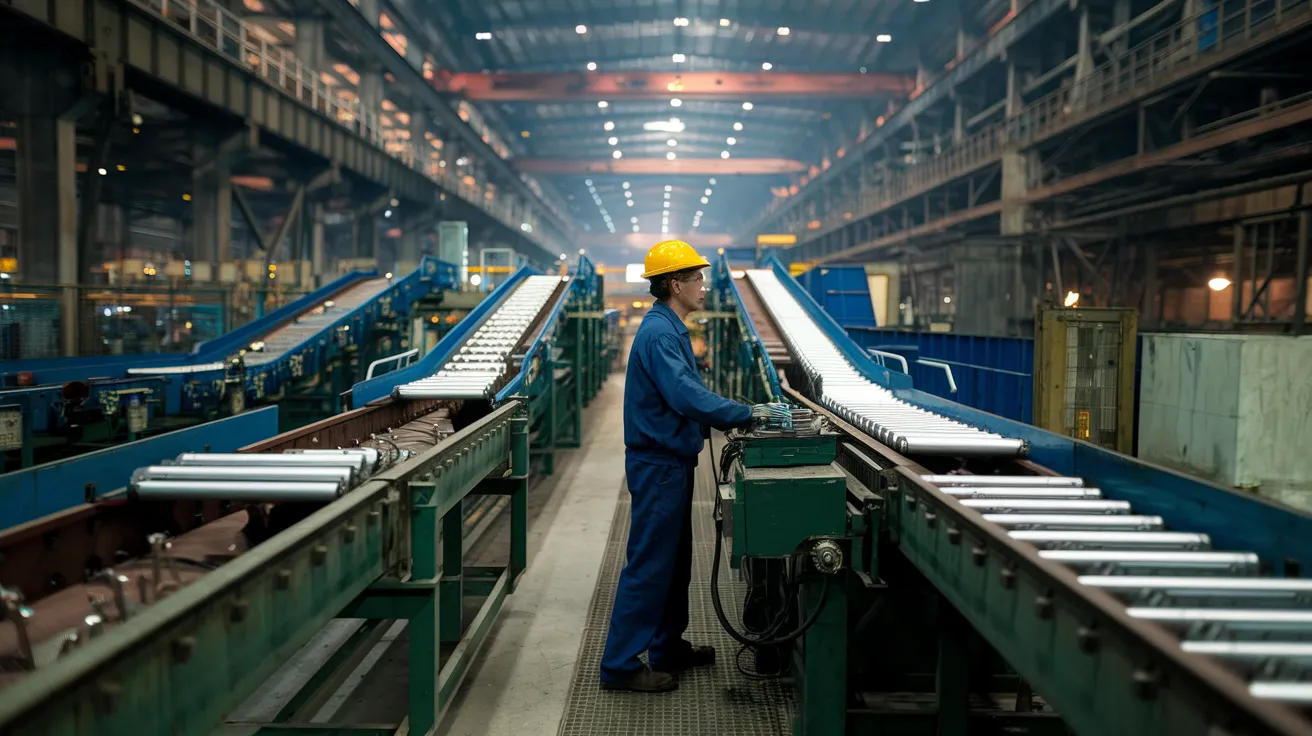OpenAI CEO Warns of Job Displacement Due to AI

During his recent trip to Washington, OpenAI’s chief executive, Sam Altman, delivered a stark outlook on the future dominated by artificial intelligence (AI), predicting that entire job categories could become obsolete as AI technologies advance. Speaking at the Capital Framework for Large Banks conference held at the Federal Reserve Board of Governors, Altman explained that specific roles, especially in customer support, are likely to disappear entirely.
“Some areas, again, I think just like totally, totally gone,” he remarked, explicitly mentioning the customer support sector. He elaborated, stating, “Now you call one of these things and AI answers. It’s like a super-smart, capable person. There’s no phone tree, there’s no transfers. It can do everything that any customer support agent at that company could do. It does not make mistakes. It’s very quick. You call once, the thing just happens, it’s done.”
In the same context, Altman addressed the realm of healthcare, positing that AI’s diagnostic capabilities have surpassed those of many human doctors. However, he stopped short of endorsing AI as the sole provider of healthcare solutions. “ChatGPT today, by the way, most of the time, can give you better—it’s like, a better diagnostician than most doctors in the world,” he stated while urging that a human doctor’s involvement remained essential.
This engagement coincided with the Trump administration’s announcement of its “AI action plan,” which aims to define and relax certain regulations while promoting the establishment of additional data centers. Notably, Altman’s latest interactions with federal officials reflect a striking shift compared to previous requests made under the Biden administration, where calls for more stringent AI regulations were common.
Despite his enthusiasm for the advancements in AI, Altman expressed significant concern about the technology’s potential for destruction, particularly in scenarios where hostile nations might deploy AI capabilities against critical infrastructure, such as the U.S. financial system. He cautioned about the dual-edged nature of technologies like voice cloning, which, while innovative, could also facilitate sophisticated identity theft and fraud, particularly given that some financial institutions rely on voiceprint verification.
As OpenAI pivots closer to Washington, Altman aims to establish the firm’s first office in the capital next year. His testimony before the Senate Commerce Committee also marks his first congressional appearance since his notable appearance in May 2023, which increased his prominence on the international stage.